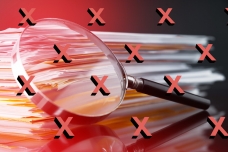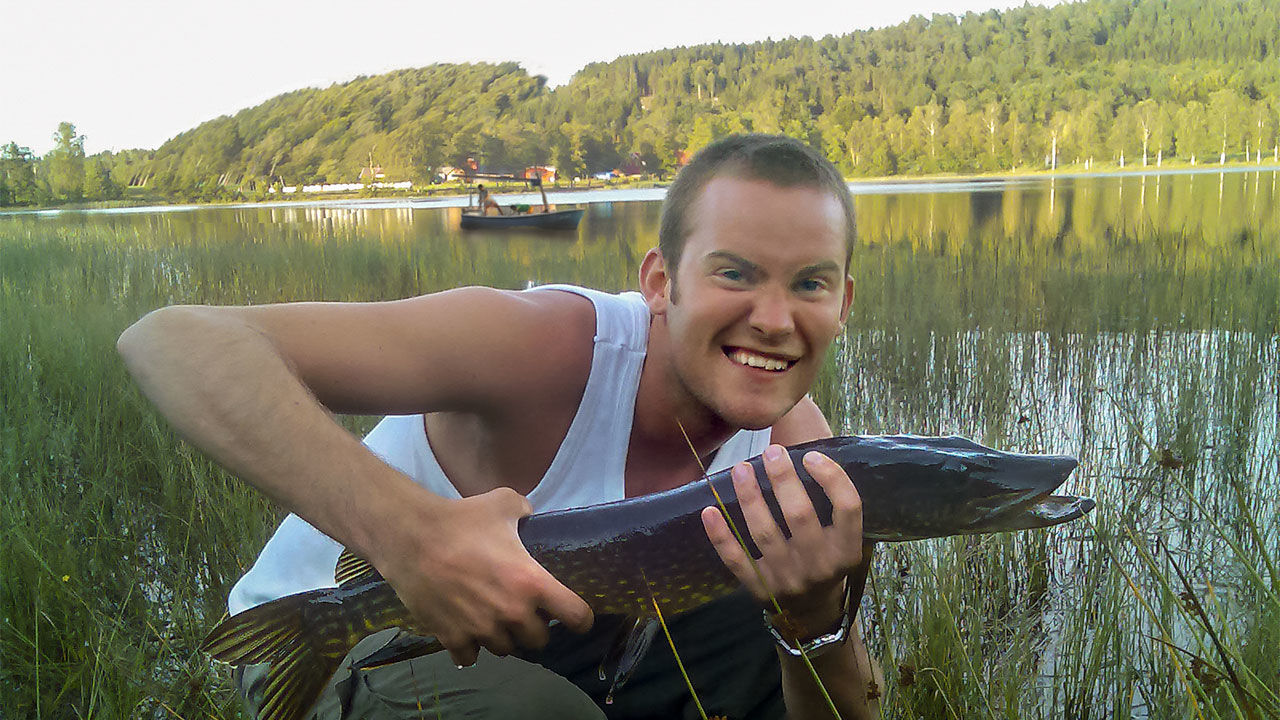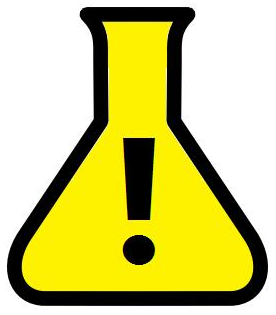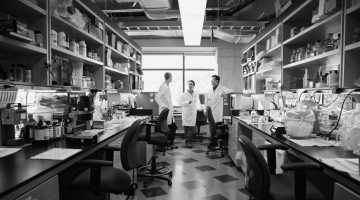Why We Find And Expose Bad Science
Bad research just doesn’t affect the people in the area around it, the people who might spend years trying to take a dodgy result and extend it.

Send us a link
Bad research just doesn’t affect the people in the area around it, the people who might spend years trying to take a dodgy result and extend it.

More than 26 percent of papers identified as systematic reviews or meta-analyses contained spin. This figure rose to up to 84 percent in papers reporting on nonrandomised trials.
Study finds faulty research creates a significant drop in use of prior published work.

The recent attempt by China to censor scholarship points to a growing set of challenges in information dissemination. Blaming the publisher obscures these issues.

To conserve Earth's remarkable species, we must also defend the importance of science and scientific integrity.

Bill Radke talks to Paul Basken, science policy reporter for the Chronicle of Higher Education, about how we should consume news that reports on scientific research.
Experts debate how best to point researchers to reputable publishers and steer them away from predatory ones.
Study finds that people aren’t great at spotting fake images.

A simulation-based evaluation of statistical tests on publication bias.
As the number of publishers that choose profit over ethics grows, find out how to avoid their scams and support organizations promoting best practices in scholarly communication.

How retractions and peer-review problems are exploited to attack science.

Avoiding the r-word would make it easier for researchers to correct the literature after an honest mistake.

May 28-31, 2017, Amsterdam, The Netherlands
Science is said to be suffering a reproducibility crisis caused by many biases. How common are these problems, across the wide diversity of research fields? We probed for multiple bias-related patterns in a large random sample of meta-analyses taken from all disciplines.
Research institutions should have regular open conversations on authorship criteria and ethics and that funding agencies adopt ORCID and accept CRediT.
Researchers and manufacturers face possible jail time — or execution — for fraudulent submissions to nation's drug agency.

It's hard to believe how "far ahead" China is on this front until you see it with your own eyes.

Funders should force universities to support laboratories’ research health

A matched-control analysis of papers containing problematic image duplications.
The process for correcting a published article can be needlessly burdensome. So some researchers have decided to take matters into their own hands.

All stakeholders in the scientific research enterprise -- researchers, institutions, publishers, funders, scientific societies, and federal agencies – should improve their practices and policies to respond to threats to the integrity of research, says a new report from the National Academies of Sciences, Engineering, and Medicine.